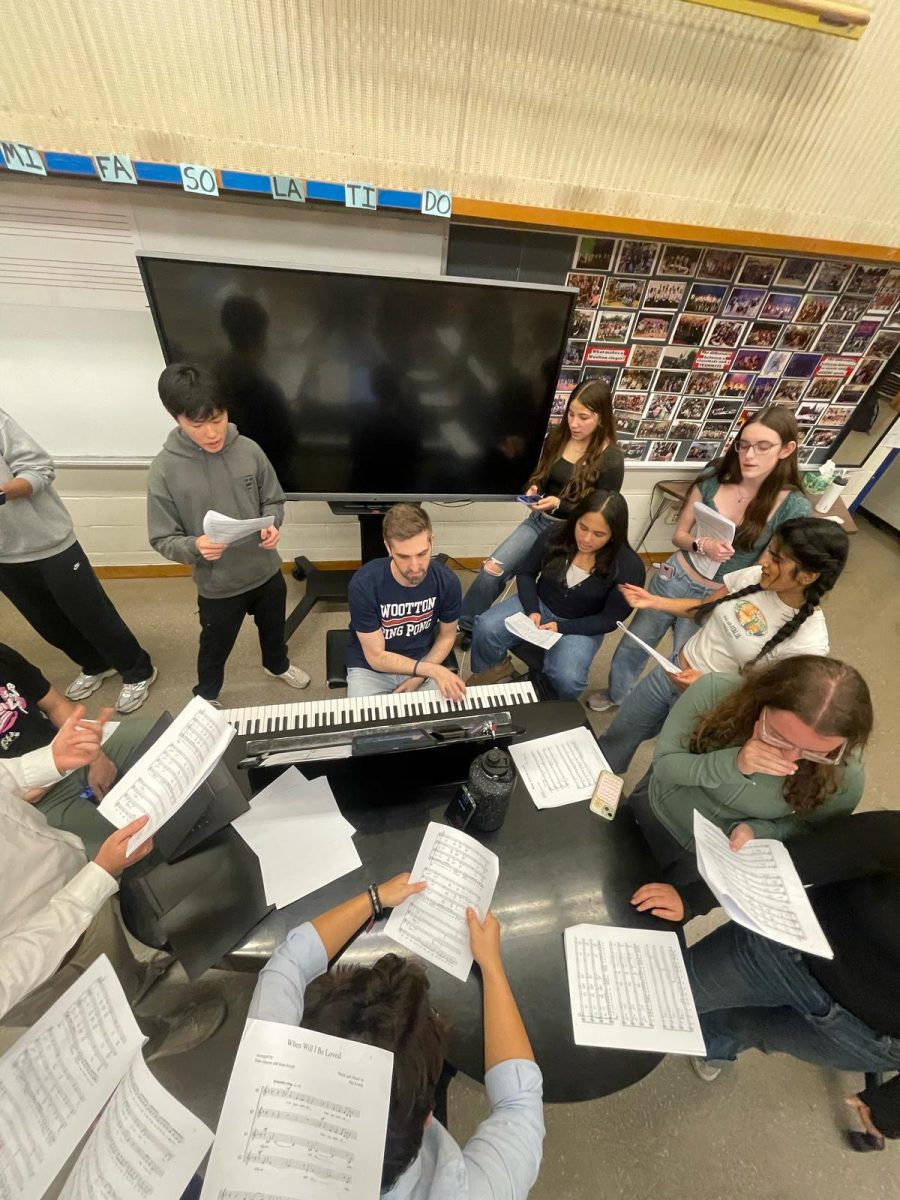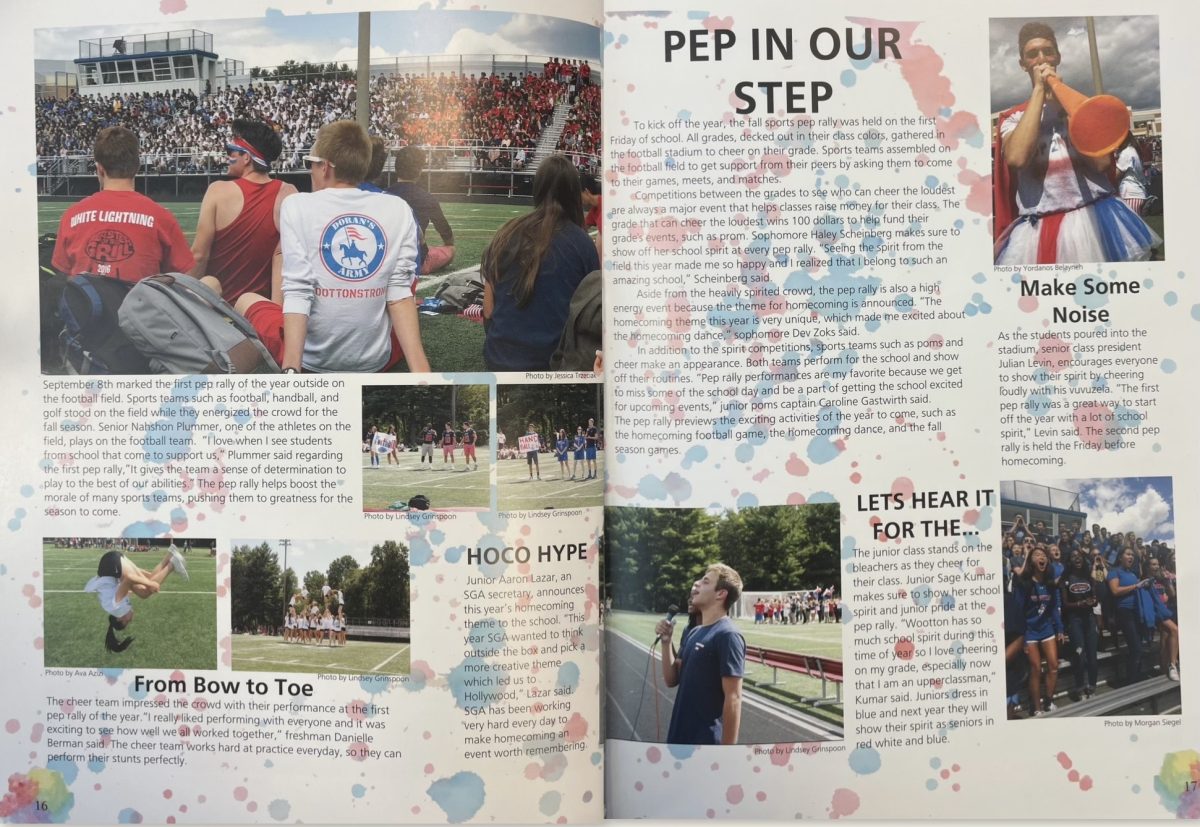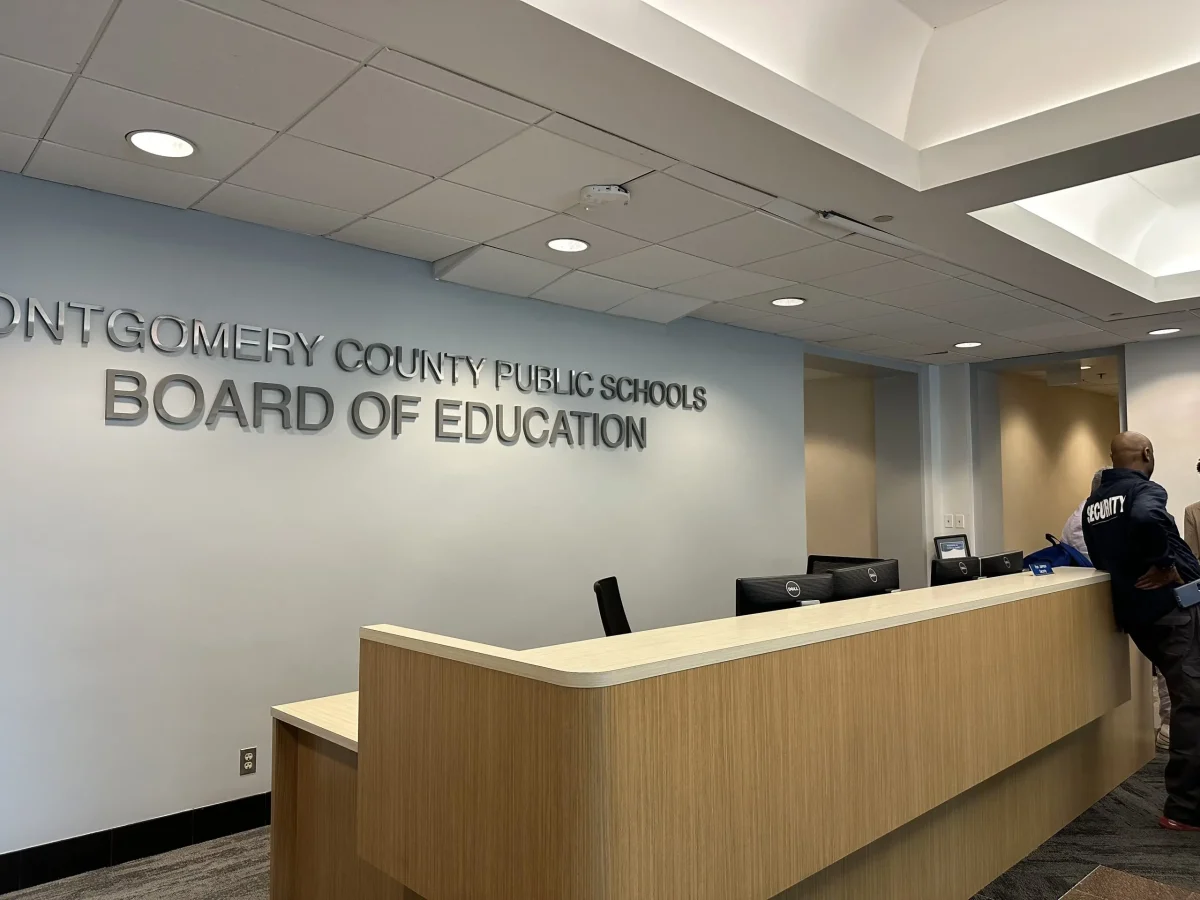Something I happen to enjoy is puzzles. No matter how many pieces there are, there is something satisfying and rewarding about placing that final piece of the puzzle. But what happens if a piece of that puzzle is unattainable? What happens to all those who are left behind by those who completed the puzzle and are left desperately trying to conjure up that last piece?
The SAT and ACT are like that last piece of the puzzle to college admissions. All of the other pieces like your extracurricular activities and your transcript come naturally. These tests, on the other hand, do not.
The vast majority of colleges in the nation require either the SAT or ACT to be sent in along with one’s application. For those like me, who study with a tutor for months and take the test prepared, the test is a great boon to my application. For others, however, who cannot afford such tutoring and preparation for the test, it can be an unfair disadvantage.
Tutoring for a big test like the SAT or ACT is a big time commitment and in turn, a big spend as well. Popular tutoring companies like Princeton Review and Kaplan Test Prep price high. About 30 hours in a group preparation class can cost anywhere from $1,000-$1,600, depending on the size of the class. In cases of individual tutoring, this can be more.
The test-prep company ArborBridge, which provides tutoring by use of video conference, offers a 60-hour tutoring package for around $9,000. In-state tuition at the University of Maryland, College Park is $10,180, almost as much money as the tutoring for a test that is just a portion of a college application. While this is an extreme example, it goes to show the level of tutoring that can be available to some but unattainable to others.
The SAT and ACT have become a test for the wealthy. The more money you have, the better you do on the test. The wealthy get better test scores, which gets them into better schools that ultimately cost the most money, while the poor get worse scores getting them into worse, cheaper schools. The education system and the testing system in America is a cycle of money and those who have it come out on top.
It is ironic that the college application process that prides itself on valuing merit first and foremost in its applications to colleges has such a selective, discriminatory pathway to get there. Some companies have tried to provide tutoring to those who are less advantaged. The Princeton Review gives free test tutoring to 1,000 students every year, yet this is 1,000 students out of millions who need tutoring.
We need to come together and fight the disparity between students by having more support mechanisms for students who cannot afford such expensive tutoring. We need to find a way to make the SAT and ACT tests that can be prepared for equally for all students.
To those who are less fortunate, searching for ways to find that final puzzle piece fill their college application, there is an option here. A class is offered here that allows one to get tutoring in preparation for the test.
Aaron Levine
Managing Editor








